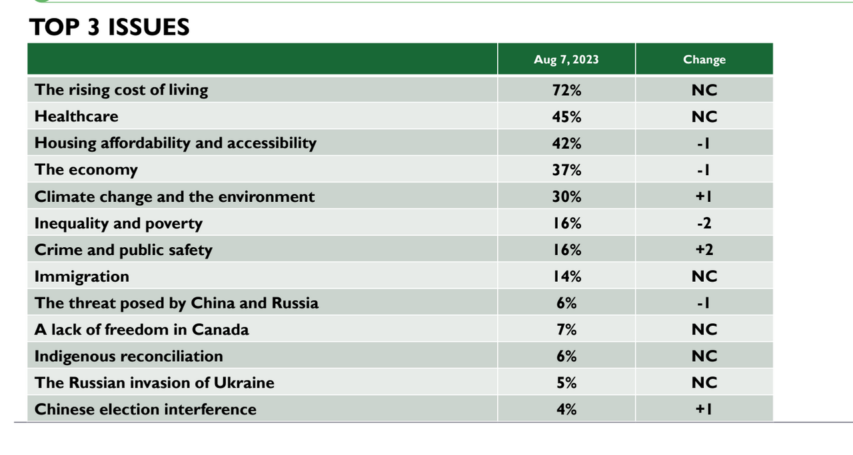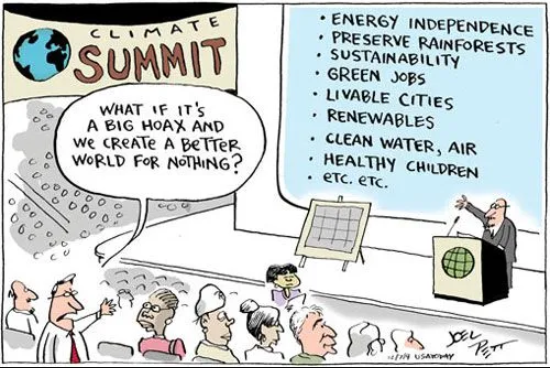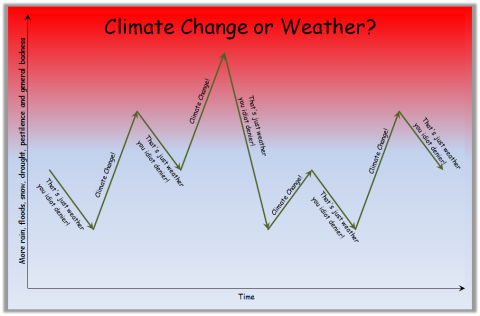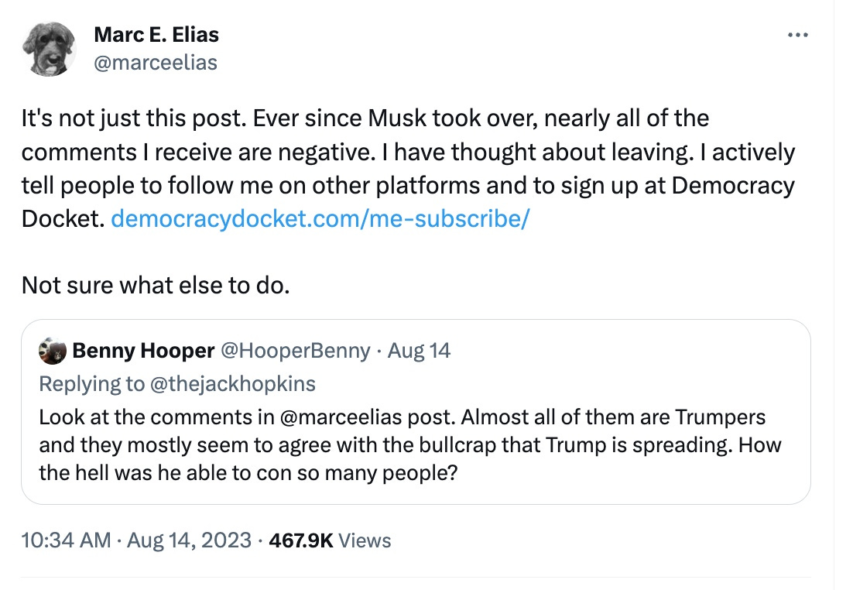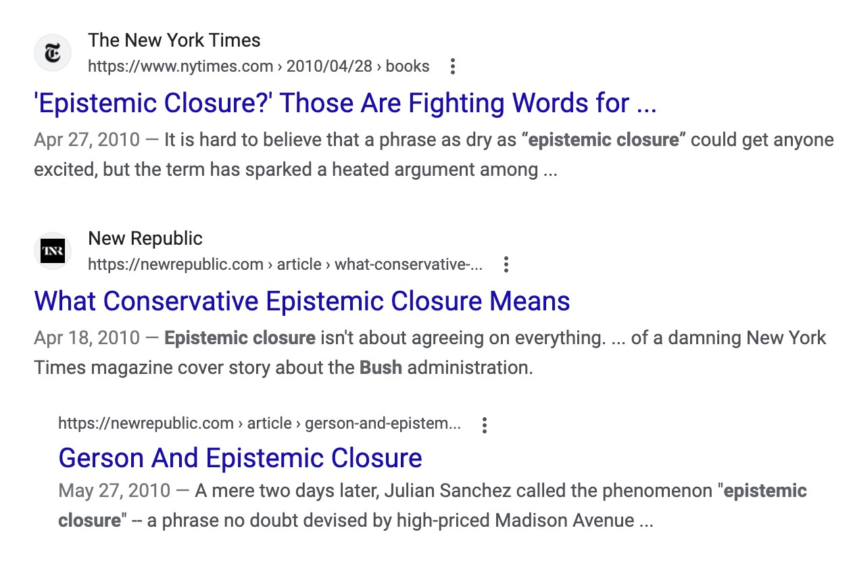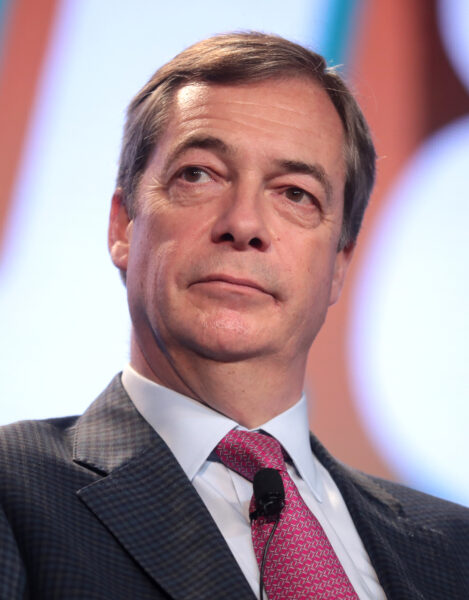Rather the opposite, as Paul Wells explains:
The good news for Team Trudeau is that sometimes new inertia pushes old inertia off the front pages. In June, the apparent decision to stall on an inquiry into foreign election interference seemed bold to the point of recklessness. Now the conventional wisdom barely notices it’s happened. Perhaps one explanation for Pierre Poilievre’s rise in the polls is that he is now complaining about things more Canadians care about.
Did somebody mention polls! For many more reasons than this, the polls are dire for the Liberals. A cottage industry sprang up over the weekend, consisting of Liberal sympathizers pointing out that polls have often been lousy at predicting the future: Dan Arnold and Tyler Meredith; Gerald Butts; David Herle. They all have this much of a point: polls don’t predict the future, opinions can change, campaigns matter. Neither you nor I know what the future holds.
And yet. If Brian Mulroney managed to overcome John Turner’s polling lead in 1986-88, it’s partly because Mulroney’s government was still new, Mulroney was much less of a known quantity than Turner, and Mulroney was able to turn Turner’s chosen issue, free trade, into a huge advantage. If Trudeau has won three times while his share of the popular vote declines, it’s partly because he was less of a known quantity in earlier elections. There’s a reason why the last leader to win four consecutive elections was Wilfrid Laurier. It’s hard.
What Trudeau used to have was agility. He was a critic of the status quo. Stephen Harper needed to have jets in the air over Iraq; Trudeau didn’t. Harper had a low cap on the number of Syrian refugees he could accept; Trudeau didn’t. Harper and Mulcair were obsessed with balanced budgets. Trudeau was less of a fuddy-duddy. He’d change everything, from the electoral system on up.
This sort of stuff is simply easier for the young leader of a third party than for a prime minister nearing a decade in office. But as their manoeuvring room and novelty wear off, incumbent leaders can usually offer compensating virtues: their experience and wisdom. Sure, he’s less exciting than before, but now he’s a surer hand.
Unfortunately, for that to work you need to be a surer hand.

